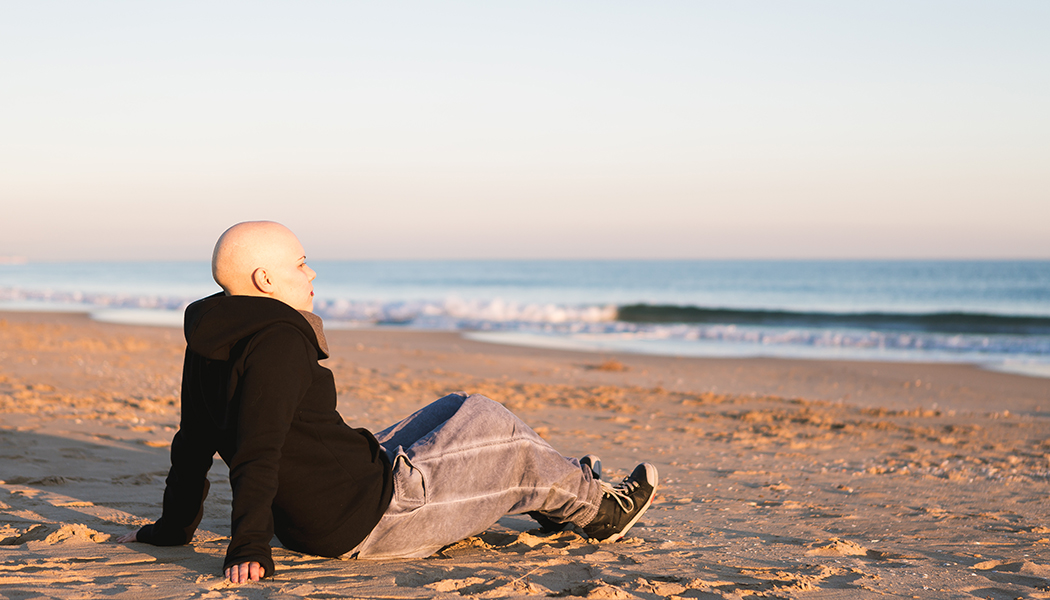9 Things to Consider Before Traveling This Summer
As if the pandemic is sympathetic to everyone’s summer plans, COVID-19 related restrictions began to ease just in time for the warm weather. Many states are finally exiting a long and dull period of self-isolation and residents are excited to move forward with all of their favorite summer activities. It is important, however, to be cautious when welcoming this new-found freedom. Though travel and vacations are allowed once again, personal health and safety remain in question.
Restrictions may be on the way out, but the COVID-19 virus is still a very prominent threat. The National Foundation for Cancer Research advises that everyone, especially cancer patients who often experience a compromised immune system, take special consideration when traveling.
Some may find it difficult to avoid upcoming traveling or are hesitant to cancel their family’s well-deserved break. For those who may have travel plans this summer, it is important to consider these nine tips before hitting the road.
- Know and weigh the risks
Traveling with cancer during a pandemic can present many risks. The Centers for Disease Control and Prevention (CDC) provides the most up-to-date information regarding travel and COVID-19. For other COVID-19 and cancer information, check out NFCR’s COVID-19 Resource Center.
- Speak to your physician
Travel can still be risky right now, even for healthy individuals, but even more so for cancer patients. It is important to speak to one’s physician before setting off. This provides an opportunity to discuss any risks or recommendations to ensure the vacation remains safe.
- Pack your medical records
Scheduling an appointment with a doctor before a trip also provides an opportunity to obtain a copy of personal medical records. Other health facilities will be unable to access medical records without direct authorization from the primary care physician. That means that in the event of an emergency, the new care team will not have access to medical records outside of normal business hours.
- Prioritize medications
When visiting the doctor before the trip, the physician will ensure that all medications are adequately prescribed. Having enough medications is important, but it is just as important that they are adequately stored. Medicines are commonly sensitive to extreme temperatures, including summertime humidity.
- Protect yourself with good hygiene practices
Even as restrictions begin to ease, it is important to remember that COVID-19 remains a very real threat. Maintaining social distance of six feet and wearing masks is still necessary to protect oneself as well as others. It is also important to frequently and thoroughly wash hands with soap and water, or use hand sanitizer where soap is unavailable.
- Familiarize yourself with your destination
There is nothing more frightening than being somewhere unfamiliar in the event of an emergency. Prior to arriving to the destination, be sure to review the locations of doctors and emergency centers.
- Follow federal, state, and local mandates
Federal guidelines will remain the same no matter where in the country one may travel. However, each state and municipality’s laws will vary. Stay safe by looking into the destination’s state and local mandates before traveling.
- Stay hydrated and sun smart
Staying hydrated, using sunscreen, wearing protective clothing, and finding shade are healthy habits that should not be forgotten.
- Relax
Vacations are always exciting, but they can be quite draining as well. Remember to take it easy and give yourself a break. Cancer treatment leaves the body extraordinarily fatigued, and it will be hard to enjoy vacation if you push yourself too hard.
Additional Reads You May Enjoy:
7 Safety Tips for Flying During COVID-19 Summer
A Coronavirus Summer: Activities for Cancer Patients & Survivors
Personal Discipline and Perseverance Are Still the Best Practices to Prevent COVID-19 in 2020
Stay connected with us! Receive our monthly e-newsletter and blogs featuring stories of inspiration, support resources, cancer prevention tips and more. Sign up here.












